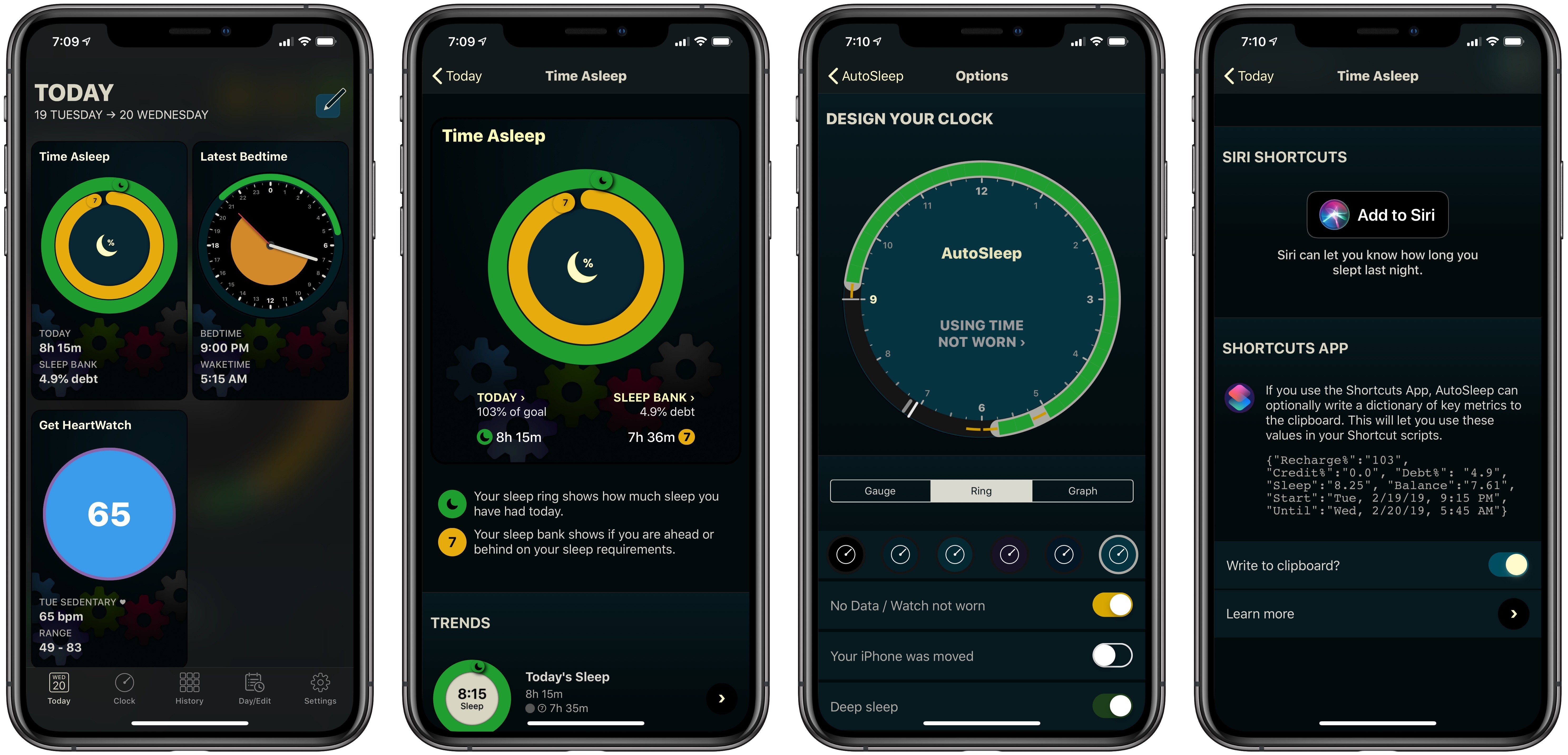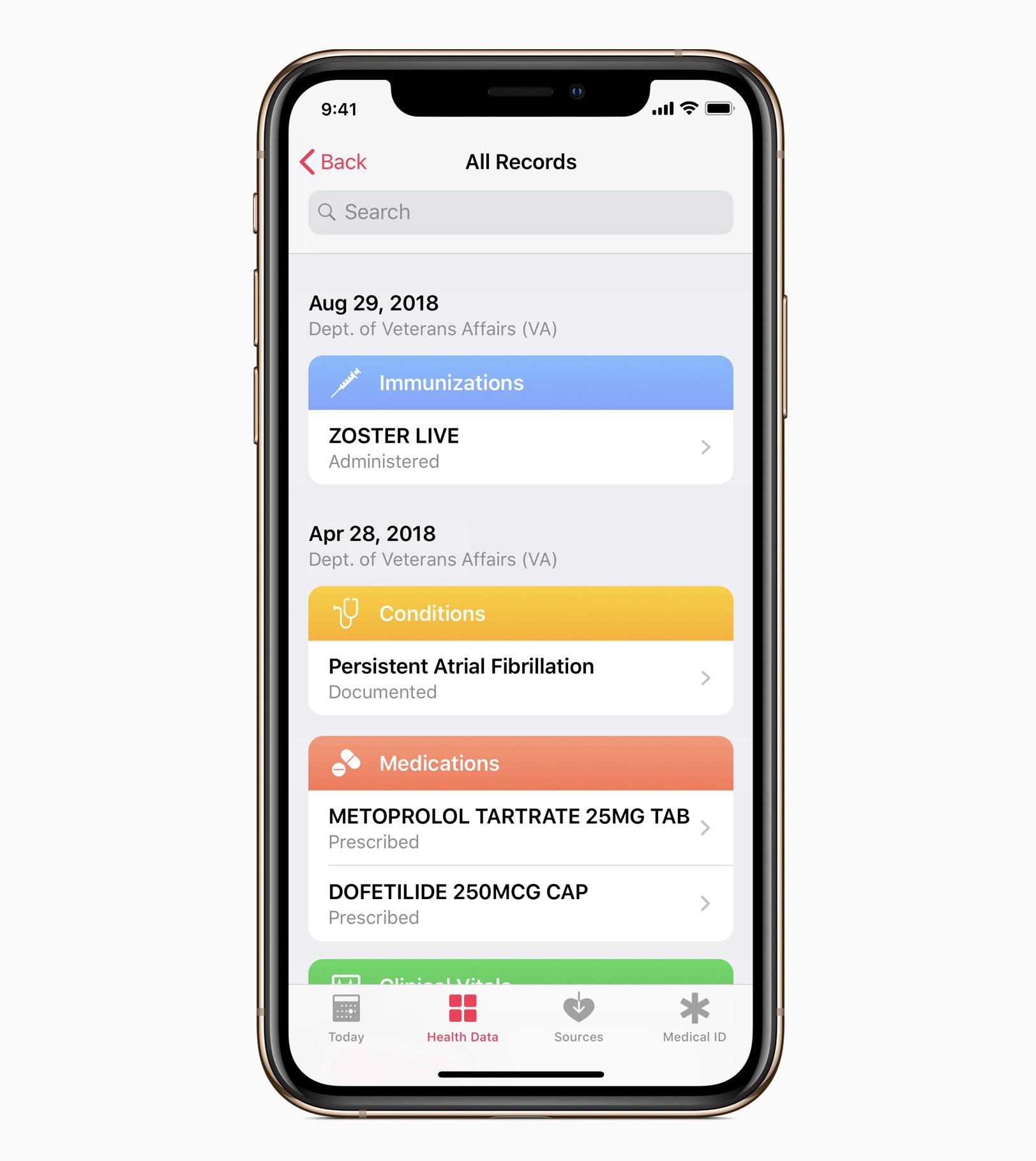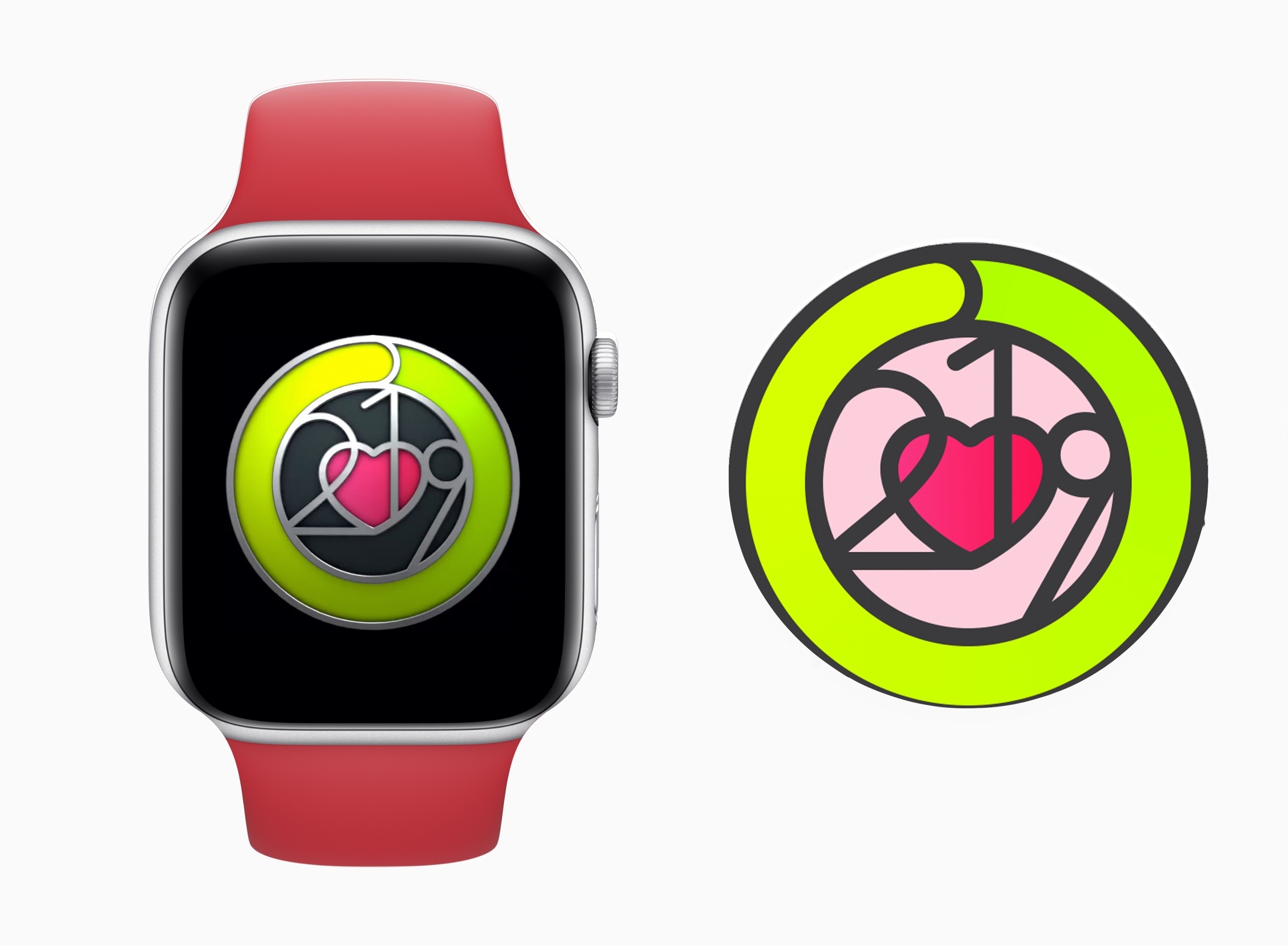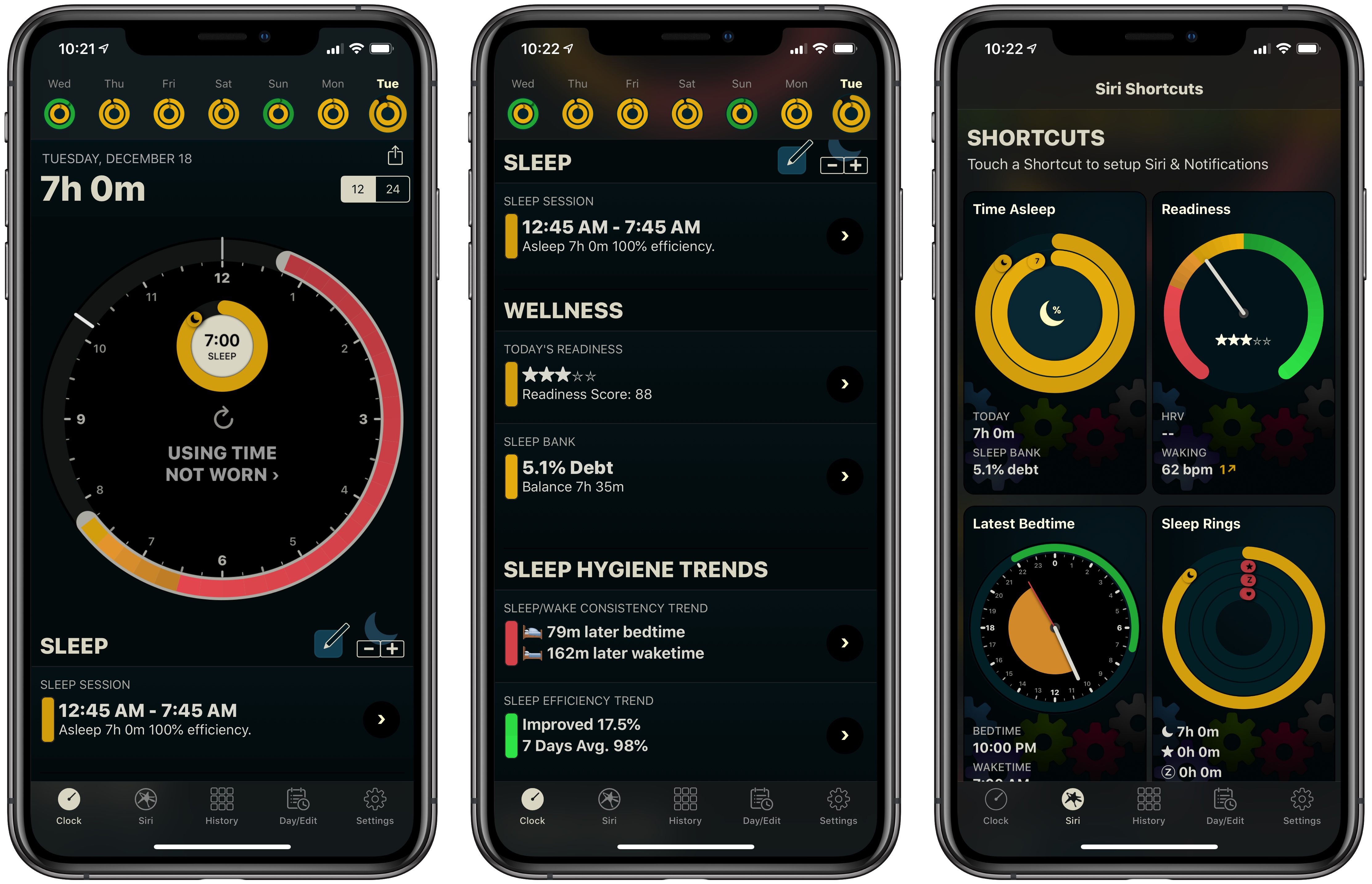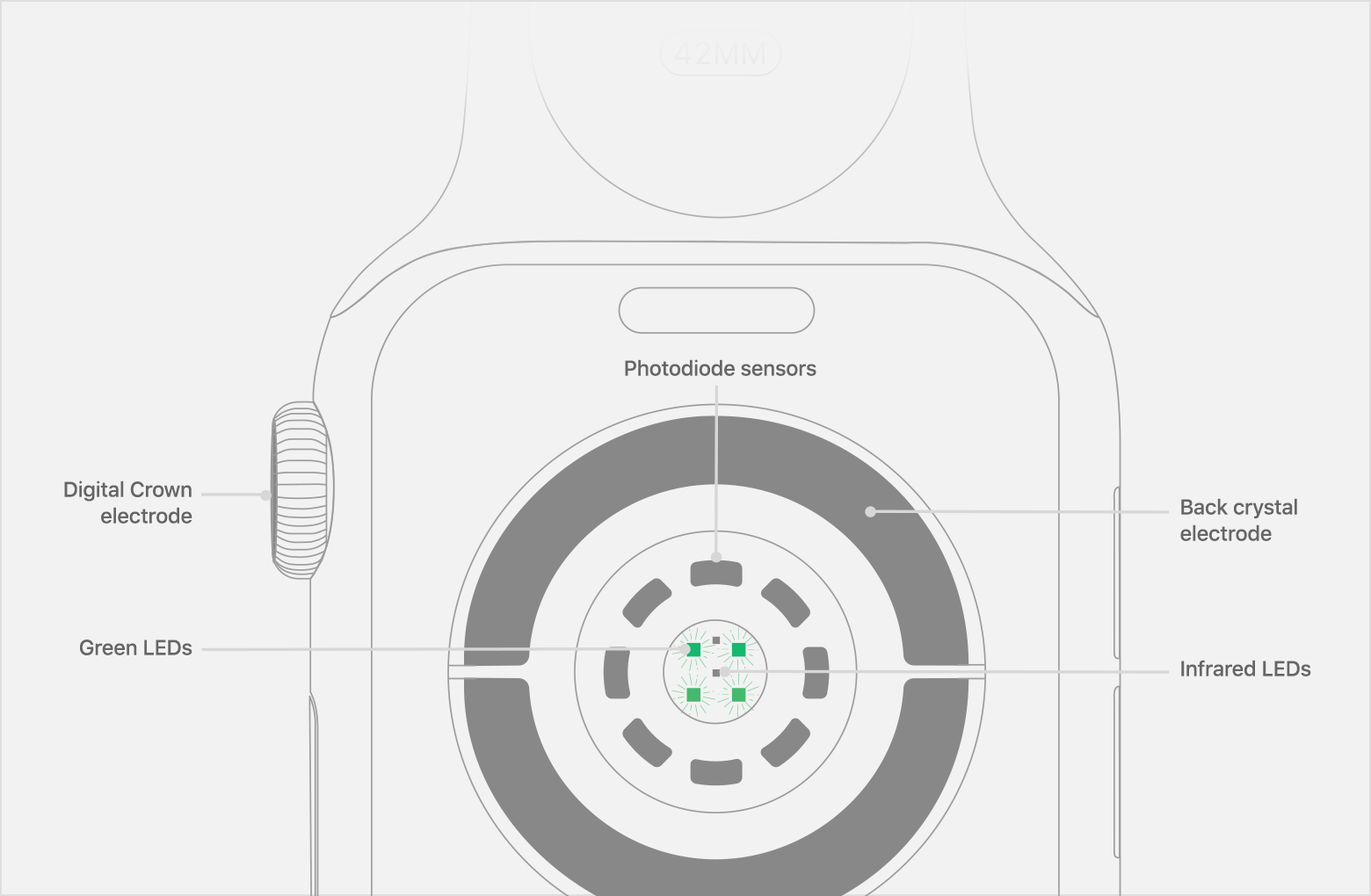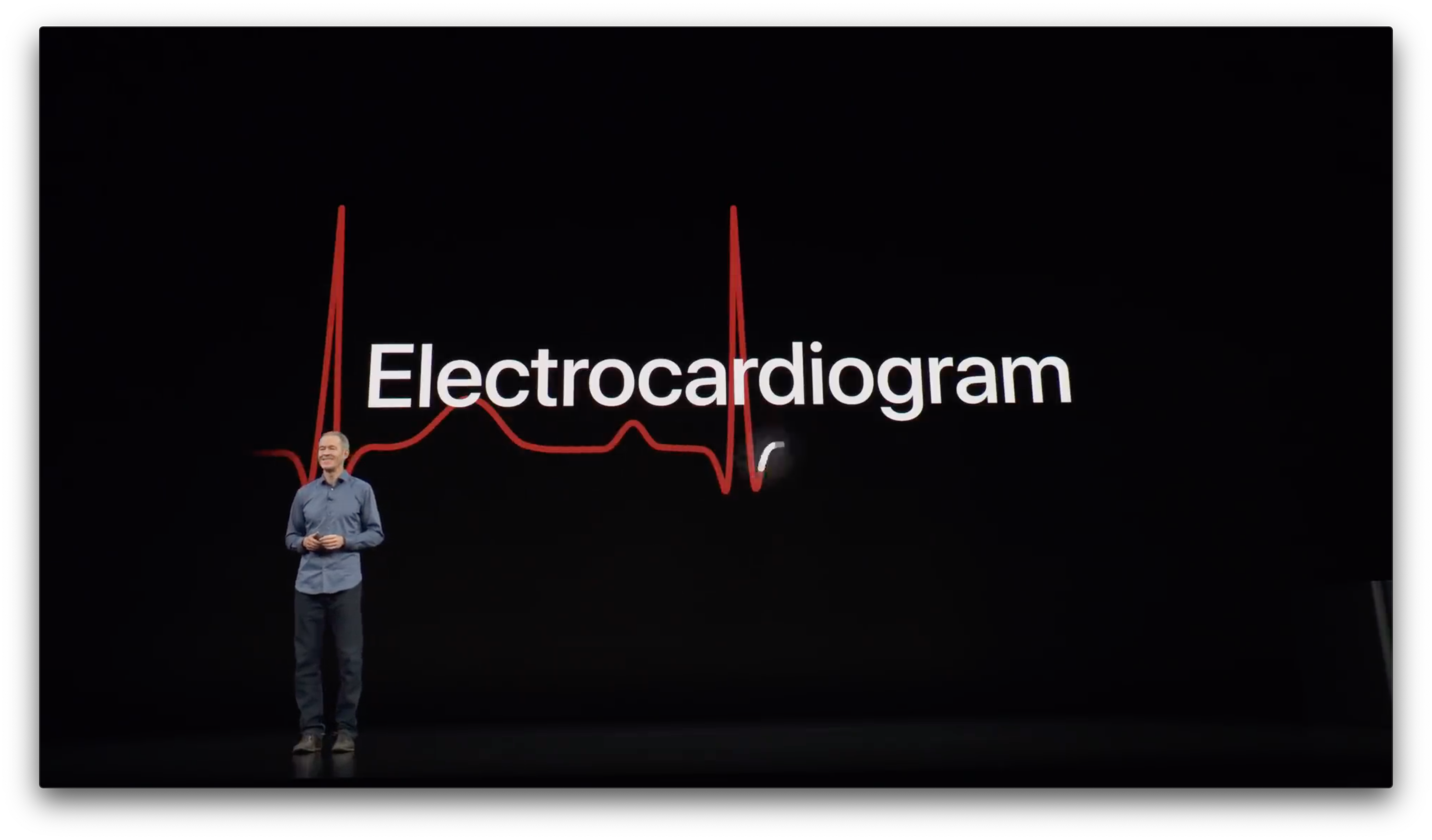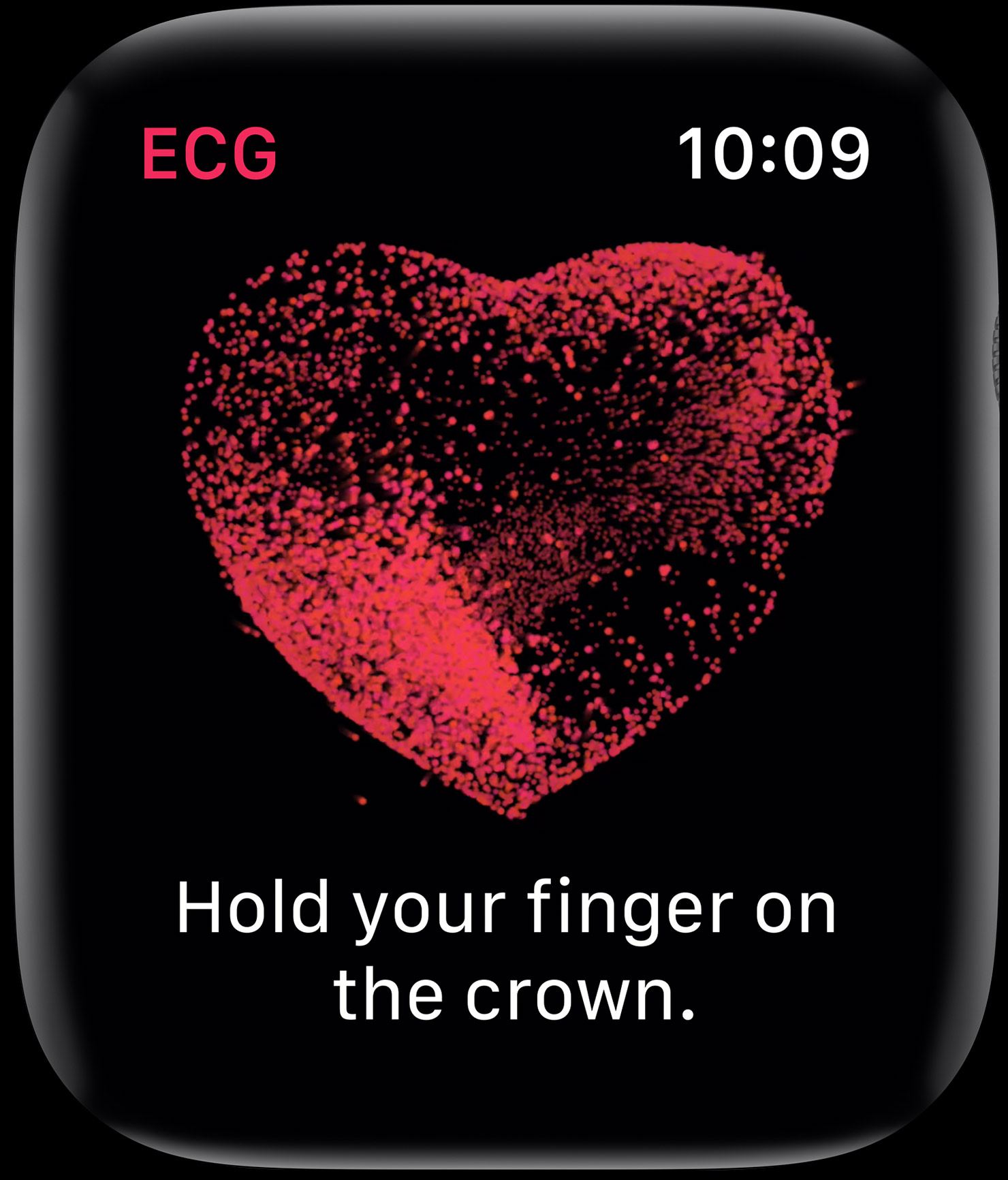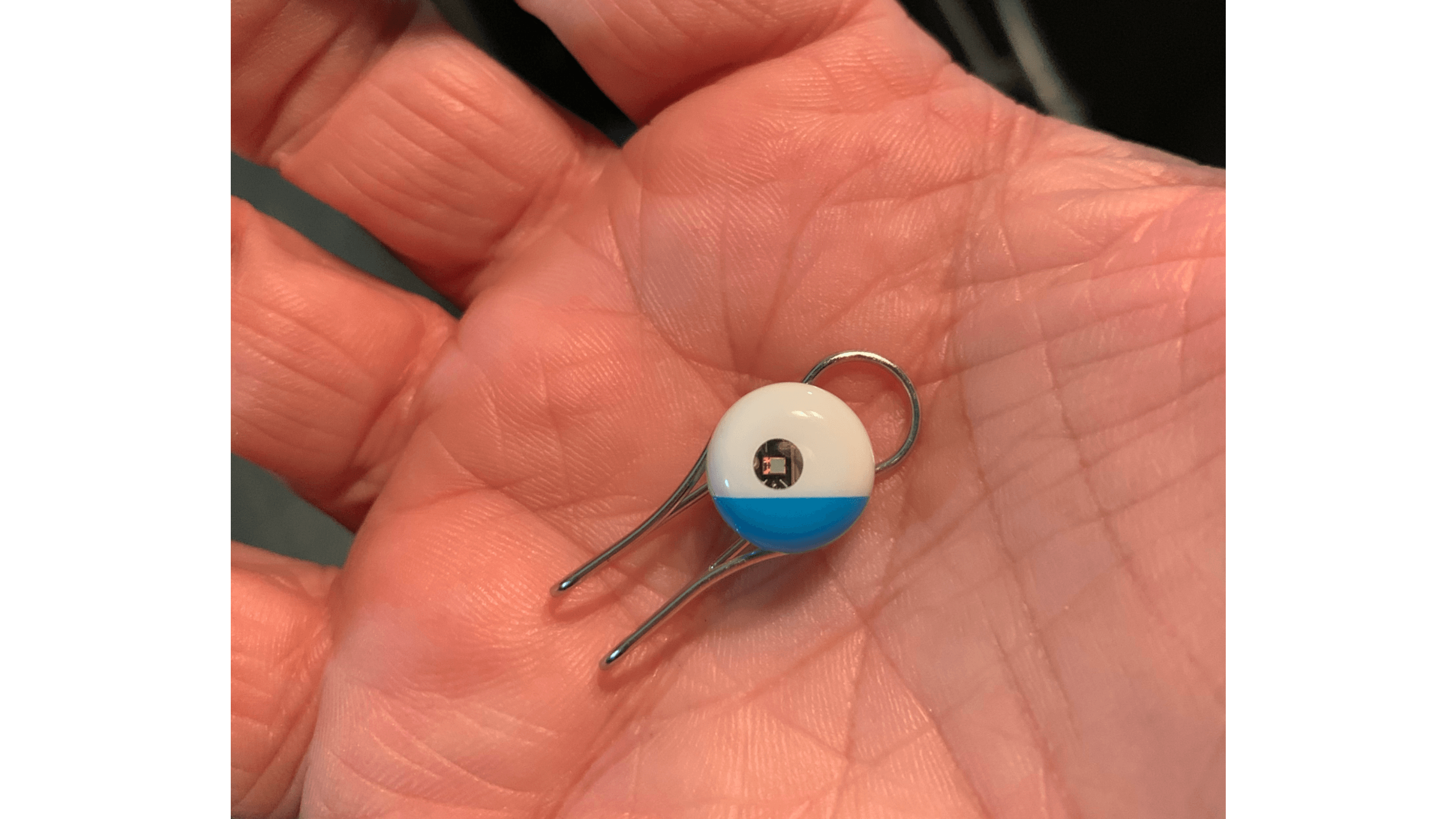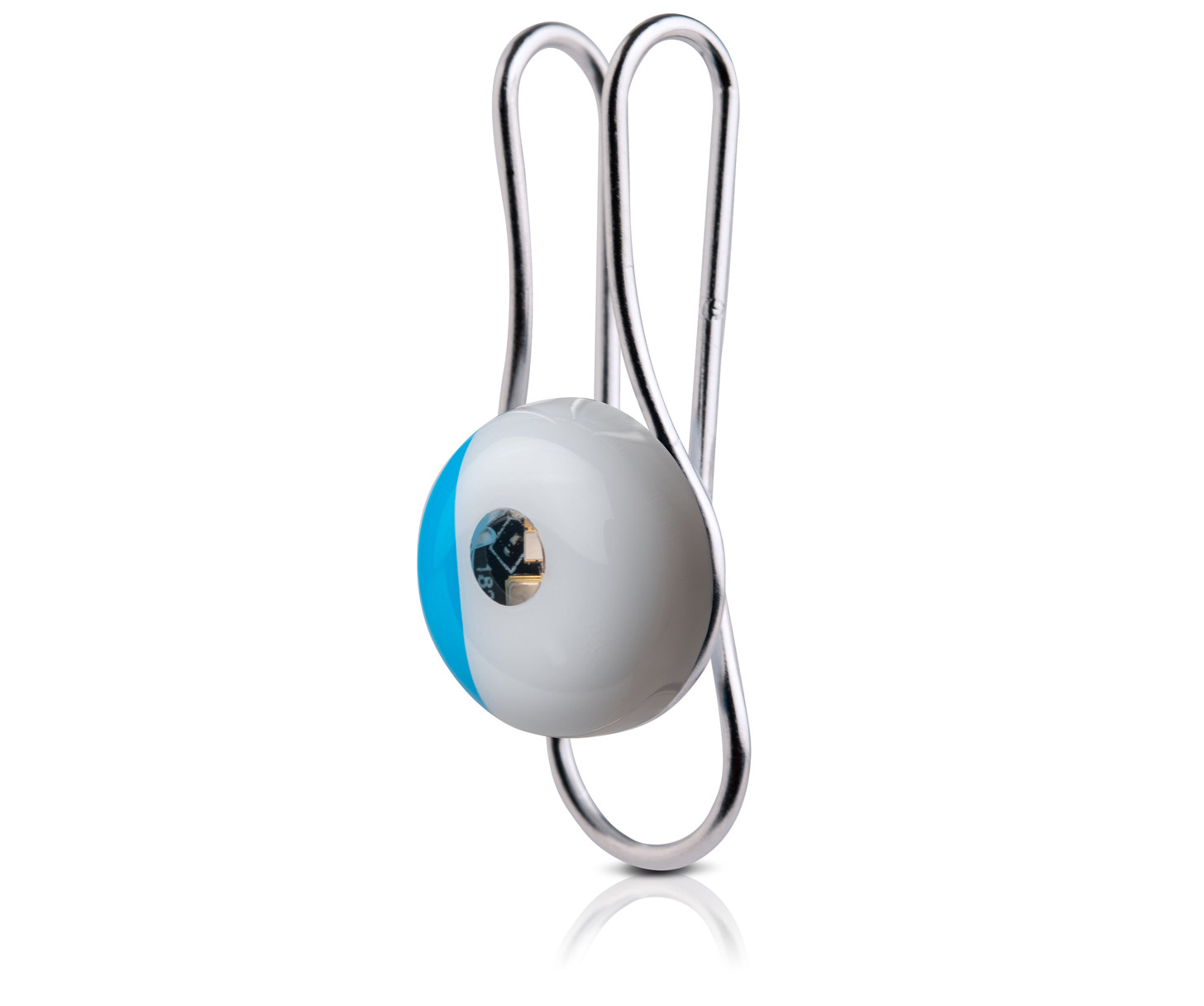AutoSleep, the automatic sleep tracker for iPhone and Apple Watch, has followed up its big 6.0 release from late last year with a 6.1 update that adds a brand new Today screen, the ability to customize the design of the app’s sleep clock, and several other smaller improvements.
Posts tagged with "health"
AutoSleep Adds Today Dashboard, Customizable Clocks, and More
Apple’s Health Records on iPhone Coming to Veterans→
Apple today announced that its Health Records feature is coming soon to all U.S. veterans thanks to a partnership with the US Department of Veterans Affairs (VA). The announcement includes key quotes from Apple executives that highlight the growing importance of health to Apple as a company.
“When patients have better access to their health information, they have more productive conversations with their physicians,” said Jeff Williams, Apple’s COO. “By bringing Health Records on iPhone to VA patients, we hope veterans will experience improved healthcare that will enhance their lives.”
“Our goal is to empower people to better understand and improve their health, enabling them to view their medical information from multiple providers in one place easily and securely,” said Kevin Lynch, Apple’s vice president of Technology. “We’re excited to bring this feature to veterans across the US.”
First introduced as part of iOS 11.3, Health Records is an iPhone feature whereby users’ patient records from participating hospitals and clinics can be stored in the Health app for easy access. Today’s news is significant largely for the expanded scope it brings to the feature. From the press release:
Health Records on iPhone will be the first record-sharing platform of its kind available to the VA, which is the largest medical system in the United States providing service to more than 9 million veterans across 1,243 facilities.
It’s a smart partnership for Apple, and one that could make a meaningful difference in the lives of U.S. veterans.
Apple to Celebrate Heart Month in February with Activity Challenge and Today at Apple Sessions
Apple announced this morning two ways it plans to celebrate Heart Month in February. First, a new Activity Challenge for Apple Watch users will run from February 8-14, rewarding those who close their Exercise ring each day of that week-long period with a special badge and iMessage stickers. Second, Apple will be utilizing its retail Today at Apple sessions to educate consumers on their heart health.
In recognition of Heart Month, Apple will host special Today at Apple sessions, “Heart Health with Apple,” in stores in New York, Chicago and San Francisco with celebrity fitness trainer Jeanette Jenkins, Sumbul Desai, MD, Apple’s vice president of Health, Nancy Brown, CEO of the American Heart Association, Jay Blahnik, senior director of fitness for health technologies, and Julz Arney and Craig Bolton from the Apple Fitness Technologies team. Attendees will hear a discussion about heart health and participate in a new Health & Fitness Walk, which was co-created with Jeanette for participants to take a brisk walk with Apple Watch around their community.
These special sessions will be limited to a single session each in the three listed cities, with Apple Union Square hosting on February 11 at 6:00pm, Apple Williamsburg on February 21 at 4:30pm, and Apple Michigan Avenue hosting the final session on February 27 at 6:00pm.
Health is an area of growing importance to Apple, as the evolution of the Apple Watch over its life has shown. Because of that, educating users on heart health via Today at Apple seems like a natural move for the company. And it’s a safe bet we’ll start seeing more health-focused sessions introduced in the future.
Apple Partners with Aetna to Create Personalized Watch App→
Aetna, the health insurance provider, has announced a new Apple Watch app forthcoming for its customers that was developed in partnership with Apple. The app, named Attain, will serve as a way to track fitness data and provide an incentive for healthy living. Joe Rossignol has the details for MacRumors:
Through the use of an Apple Watch, the Attain app will provide Aetna members with personalized goals, track their daily activity levels, and recommend healthy lifestyle choices. For completing these actions, participants will earn points, which can be put towards the cost of an Apple Watch or gift cards.
Attain will motivate participants to complete personalized daily and weekly activity challenges based on their age, gender, and weight. Attain’s definition of activity includes walking, running, swimming, yoga, and other activities that can be tracked in the Workout app on the Apple Watch.
We’ve seen Apple partner with insurance providers in the past to offer the Apple Watch free or subsidized to its members, but this is a different spin on that approach, focusing more on continuous incentives for active lifestyles.
Tim Cook recently stated that health would end up becoming Apple’s greatest contribution to mankind, a bold claim that indicates we’ll continue to see more announcements along these lines moving forward.
AutoSleep 6: Effortless Sleep Tracking More Accessible Than Ever
If you’ve followed MacStories for long, you probably already know that AutoSleep is one of our favorite sleep tracking apps on iOS. The app stands out for offering a frictionless, effort-free experience. Where other sleep trackers may require you to start and stop sleep tracking manually, AutoSleep takes the burden of remembering those tedious tasks off your plate. If you wear an Apple Watch to sleep, the app will automatically detect your sleep patterns even without a separate Watch app installed. If you don’t have a Watch, or simply don’t wear it to bed, the app will track your sleep through other methods. Whatever your habits are, AutoSleep has you covered.
Today marks the debut of AutoSleep’s latest major iteration: version 6.0, which introduces new wellness features, refined graphs and color schemes, sleep hygiene trends, Siri shortcuts, an improved Watch app, and more. It’s an extensive update that simplifies some aspects of the app while branching out into fresh, innovative areas of health tracking.
The Electrodes Used by Apple’s ECG Watch App Enable Faster, More Accurate Heart Rate Measurements→
On 9to5Mac, Zac Hall breaks down how the new electrodes work in the Apple Watch Series 4 based on details published by Apple when it updated watchOS last week with the new ECG app. For now, the ECG app is only available in the US, but that doesn’t mean that others can’t benefit from the hardware that it uses. As Hall explains:
According to Apple, putting your finger on the Digital Crown to capture a heart rate reading also measures faster and with more accuracy as it updates every second versus every five seconds while the measurement is active.
That’s because placing your finger on the Digital Crown completes a circuit between your heart and arms that allows the Watch to record electrical impulses across your chest.
It will take time for the ECG app to gain the approval of regulators worldwide. However, in the meantime, it’s nice to know that the hardware that makes the ECG app possible is enhancing heart rate capture for everyone.
Electrocardiogram App and Irregular Heart Rhythm Notifications Available Today
At Apple’s September keynote the company introduced the Series 4 Apple Watch. Among the features announced was a preview of the ability to generate an electrocardiogram or ECG within thirty seconds by placing a finger on the Digital Crown. At the time, Apple said the ECG functionality would ship in a software update ‘later this year.’
Today, with the release of watchOS 5.1.2, Apple has shipped the ECG app. As we explained in the MacStories Series 4 overview, the ECG functionality is enabled by new hardware including a new titanium electrode built into the Digital Crown:
This electrode pairs with another electrode built into the bottom of the Series 4’s new sapphire crystal back. When you place your finger over the top of the crown you form a closed circuit between your finger and the wrist of your other arm – where the back electrode is making contact.
Apple’s ECG sensor is notable because it’s the first of its kind available over the counter to consumers. ECG results taken with the Apple Watch are stored in the Health app, from which they can be exported as a PDF for sharing with your physician.
According to Apple’s press release:
The ECG app’s ability to accurately classify an ECG recording into AFib and sinus rhythm was validated in a clinical trial of around 600 participants. Rhythm classification from a gold standard 12-lead ECG by a cardiologist was compared to the rhythm classification of a simultaneously collected ECG from the ECG app. The study found the ECG app on Apple Watch demonstrated 98.3 percent sensitivity in classifying AFib and 99.6 percent specificity in classifying sinus rhythm in classifiable recordings. In the study, 87.8 percent of recordings could be classified by the ECG app.
watchOS has also been updated to notify users of irregular heart rhythms:
the irregular rhythm notification feature will occasionally check the user’s heart rhythm in the background for signs of an irregular heart rhythm that appears to be AFib and alerts the user with a notification if an irregular rhythm is detected on five rhythm checks over a minimum of 65 minutes.
The irregular heart rhythm notification feature, which is available for the Series 1 Watch and later, was likewise tested in clinical studies:
In that sub-study, of the participants that received an irregular rhythm notification on their Apple Watch while simultaneously wearing an ECG patch, 80 percent showed AFib on the ECG patch and 98 percent showed AFib or other clinically relevant arrhythmias.
The new Apple Watch ECG app and irregular heart rhythm notification feature are available as part of watchOS 5.1.2, which can be downloaded from the Software Update section of the Watch app on your iPhone.
My Skin Track UV: A Tiny Wearable to Track UV Exposure
Spending too long in the sun can damage your skin. By the time you have a painful sunburn, it’s too late; you’ve already overdone it. You can plan your day based on the UV forecast in a weather app, but forecasts are no guarantee of the actual conditions and can’t account for how long you’re exposed to harmful UV-A and UV-B rays.
The awkwardly-named My Skin Track UV sensor by La Roche-Posay is designed to pick up where forecasts leave off by measuring your actual exposure to harmful UV rays throughout the day without needing to be charged. It’s a remarkably small wearable sensor with a companion app that reports other environmental data too.
The My Skin Track UV sensor performed well in my testing, and I felt like it provided useful, actionable data about potentially harmful conditions that would be hard to judge without the device. The lack of charging and diminutive size makes the My Skin Track UV sensor easy to carry with you all day too. The trouble is, the My Skin Track UV is so small and light, and the clip is just slippery enough, that it’s easy to misplace or lose altogether, which I promptly did. Here’s what happened.
La Roche-Posay Debuts My Skin Track UV, a Solar-Powered UV, Pollution, Pollen, and Humidity Wearable
La Roche-Posay has introduced a new wearable device today called the My Skin Track UV. As the name suggests, the device tracks ultraviolet light (UVA and UVB) exposure, but there’s more to it than that.
The company says its new device also tracks pollution levels, pollen, and humidity. That’s a combination that should provide users with a much broader set of data about their environment as they move throughout the day. The device is tiny and water resistant too at just 12mm wide, 6mm high, 17.4 grams, and with an IP67 water resistance rating (the same as the iPhone X, iPhone 8, and 8 Plus).
Another nice touch is that the My Skin Track UV is solar powered so it doesn’t need to be recharged. Clip it to your clothing or something you carry with you every day and La Roche-Posay says the device will remain powered, collecting data.
La Roche-Posay’s website describes the technology behind the device:
The light emitting diode (LED) is used as a detector to capture UV light. This energy will be read by transferring data from the sensor to your phone using Near-Field Communication (NFC) technology. Based on your UV exposure and environmental factors, the app uses an intelligent algorithm backed by over 25 scientific studies to warn you when your environmental exposure is at a level recognized to contribute to your specific skin concern.
One downside of the device’s use of NFC is that it requires users to manually scan it periodically using the companion app to transfer the collected data to the iPhone. The app, which integrates with Apple’s Health app, also offers skin health recommendations.
The My Skin Track UV is available exclusively at select Apple Stores and apple.com for $59.95. We will have a complete hands-on review of the My Skin Track UV device on MacStories soon.


